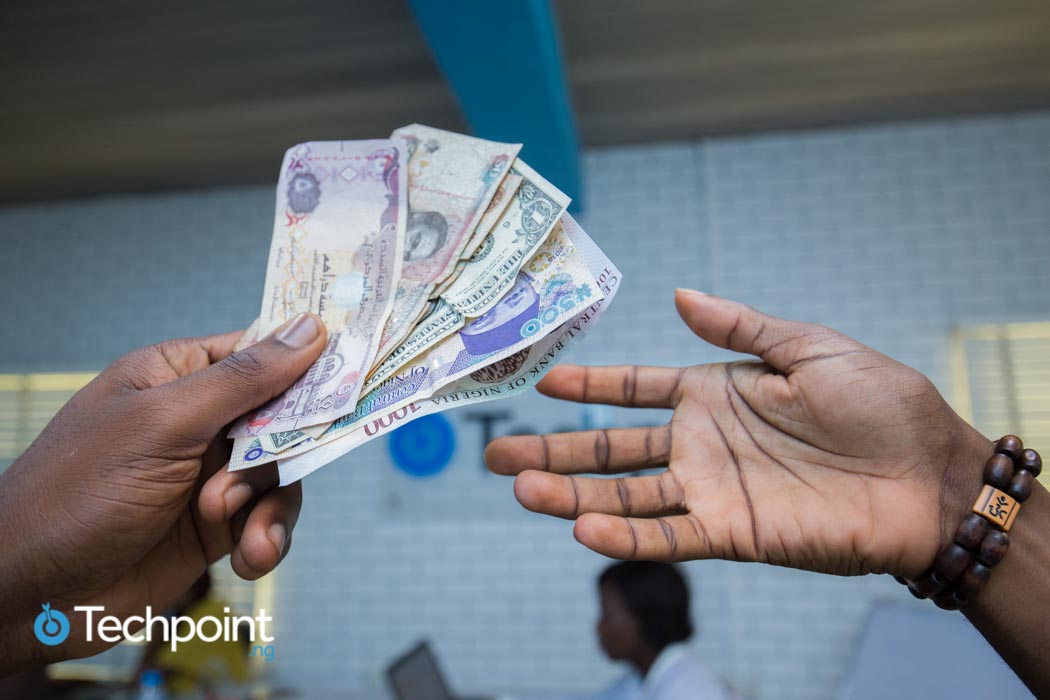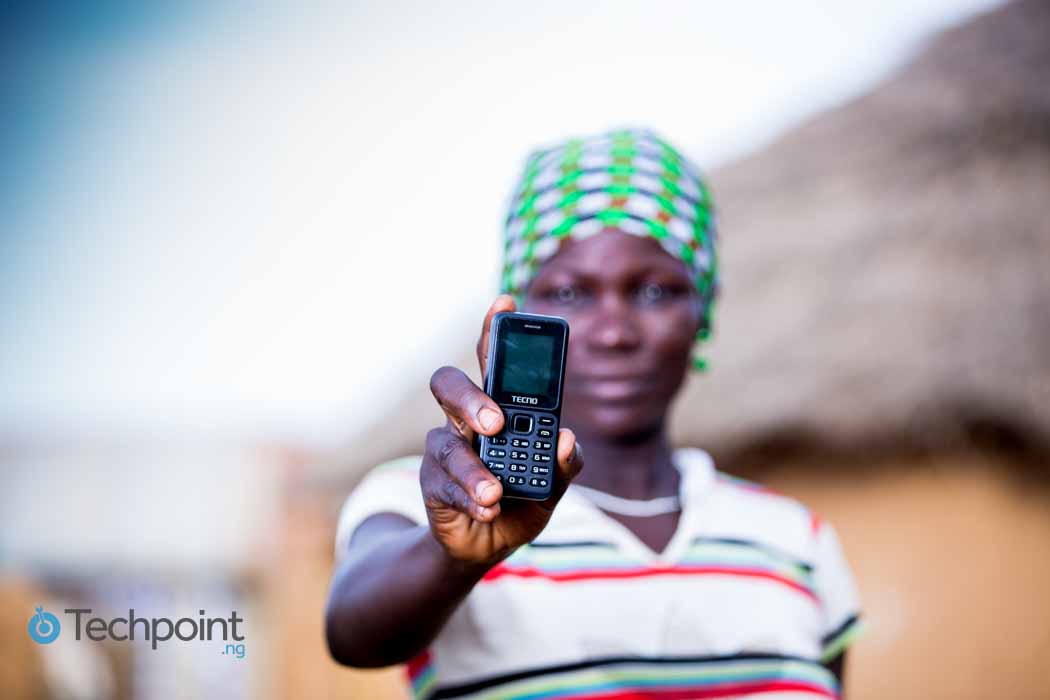The Nigerian government is planning to distribute the next batch of loot from Swiss Authorities recovered from former military Head of State, Gen. Sani Abacha.
The presidency wants to share the recovered $321 million to vulnerable families in the country and according to the BBC, around 300,000 households are expected to get $14 (₦5,000) from July 2018.
Irrespective of the seemingly good intentions of the government, considering that this will be a nationwide exercise, how efficient are the modalities in place to achieve the said goal?
Only 40% of Nigerian adults are banked, this means there’s a high possibility these targeted households are out of the financial system. How then will they be reached?
In a tweet, President Muhammadu Buhari’s Special Assistant on Digital/New Media, Tolu Ogunlesi revealed that the Swiss government insisted on Nigeria adhering to certain conditions before the release of the funds, one of which is that the money would be spent on the Cash Transfer to vulnerable households.
Another condition to release the funds is that World Bank will oversee the disbursement.
At $14 monthly for 300,000 households which equals $4.2 million, the total fund will last 76 months, not considering the cost that may be associated with the distribution.
The Vice President, Yemi Osinbajo affirmed that beneficiaries of the monthly payment would be determined from a register that’s being developed.
Osinbajo who was represented at the launching of the Monitoring of Recovered Assets through Transparency and Accountability project by the president’s Special Adviser on Social Protection, Mrs Maryam Uwais revealed that the register would have captured the entire country by year-end.
The register is expected to have beneficiaries’ telephone number and pictures captured.
The distribution is expected to be powered by a network of agents as Uwais said commercial banks backed down from the project on the basis that biometric registration is expensive.
Also, how feasible will this new biometric exercise be?The National Identity Management Commission (NIMC) would have been of great impact in identifying the target populace but it’s yet to deliver on its mission for a sustainable world-class identity management solution.
The biometric registration exercise by NIMC has been on for a couple of years and is yet to come up with a complete database of Nigerians. Will this be different on the notion that the target audience is just 300,000 as against the total adult population that NIMC is targeting?
According to The Guardian, more than ₦45 billion ($12 million) was spent on the Bank Verification Number (BVN) registration exercise. Irrespective of the number of the targeted populace, it would probably require similar infrastructure since it’s also a nationwide exercise.
From a positive perspective, this also means the 774 local governments in Nigeria can serve as collection points in as much as the cost of distribution would not be higher than the monthly stipend for targeted households.
Basic mobile transactions are another option to consider.
There are currently players in the financial industry that allow fund transfer to a telephone mobile which can be cashed from an agent or via the Automatic Teller Machine (ATM) using cardless withdrawal features.
Some quarters have been calling on the federal government to commit the funds to developmental projects that would have an impact on the general public. With questions around the sustainability and the best disbursement methods, a developmental project might just be the best option.












